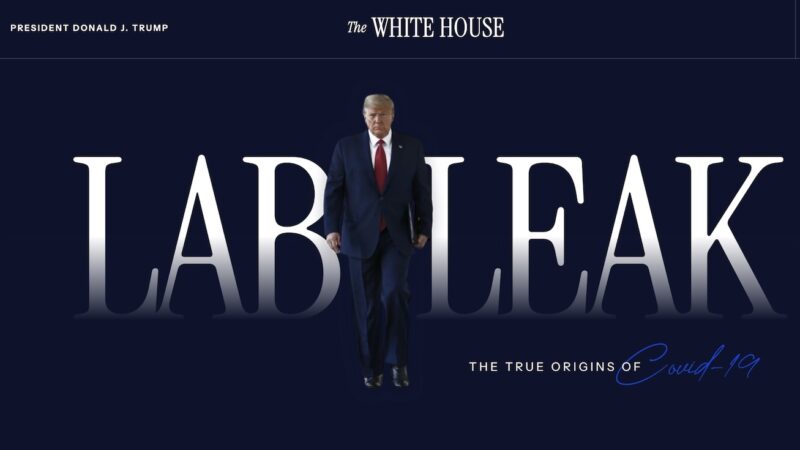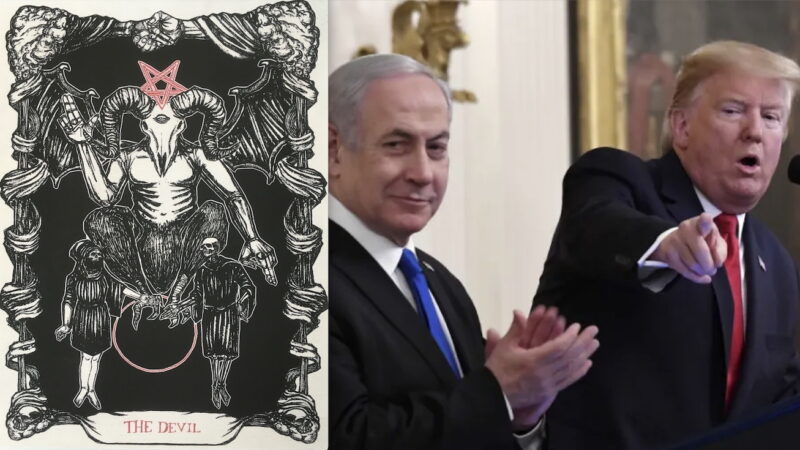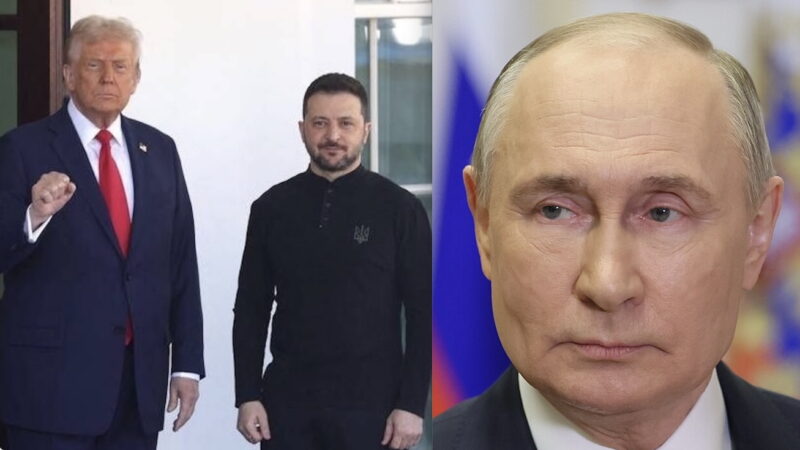Update – TERRORIST ATTACKS against PEACE IN UKRAINE. Explosion in Oil Tanker in Italy, other 2 in Mediterranean Sea. The Critical Issues of Trump’s Plan to Truce with Putin
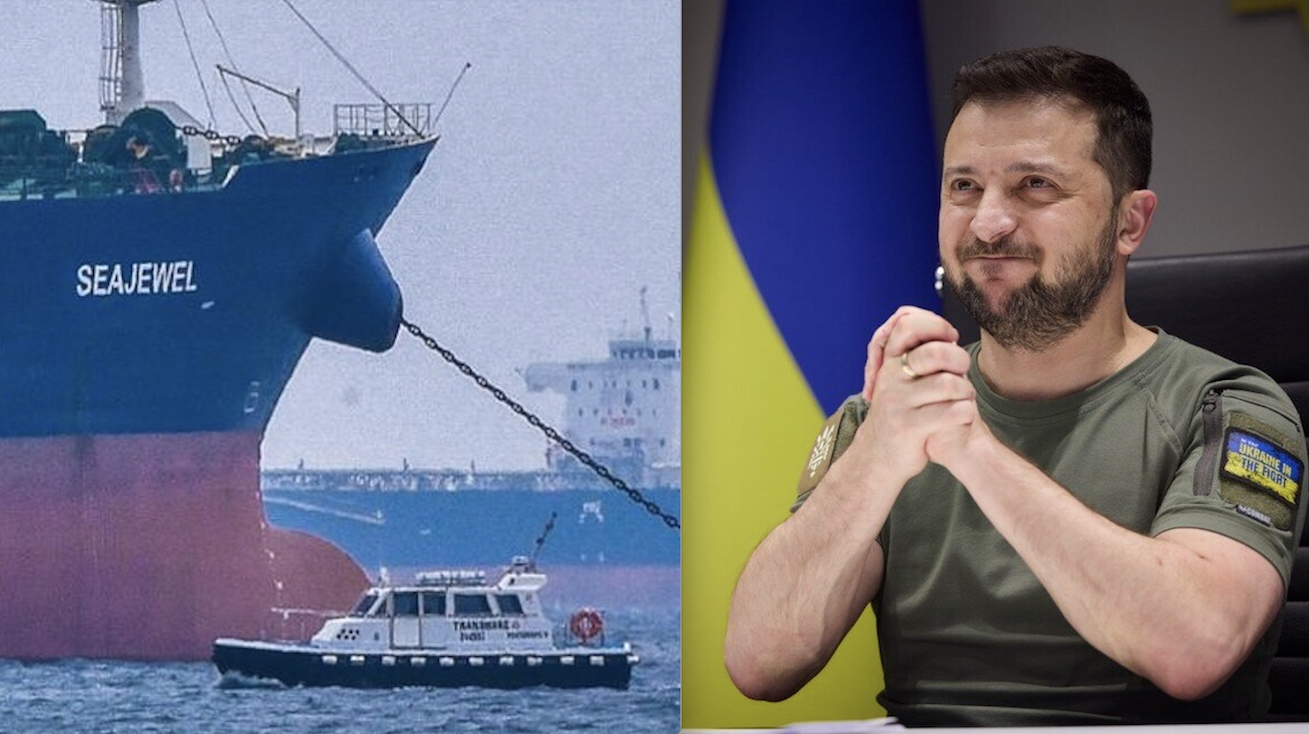
by Carlo Domenico Cristofori
Russia orders underwater inspections of ports after tanker attacks
Russian authorities are stepping up measures at ports, including using divers to inspect the underside of ships, in response to growing threats to merchant shipping and infrastructure, according to a letter seen by Reuters. The letter, issued by Russia’s Transport Ministry and the Federal Agency for Maritime and River Transport (ROSMORRECHFLOT), instructs seaport captains to inform shipowners that all ships must be inspected for foreign objects and explosives upon arrival at seaports, including using divers and telemetry equipment for underwater examinations.
“It could have been Ukrainian sabotage. But first we need to see where the crude oil comes from. If the quality is Rebco Api 27 or Ural Api 31, it means that it is actually Russian. Some use it to make a blend with Venezuelan crude oil or, failing that, with Libyan crude oil. From what we understand, the Seajewel had stopped in Turkey. That is where it could have loaded, or it could have even carried out a transhipment operation on the high seas”.
This is what a source claims, quoted by the daily newspaper Avvenire, owned by the Italian Episcopal Conference and therefore very cautious in launching disturbing hypotheses of geopolitical intrigues.
The Terrorist Attack on the Oil Tanker in Italy
An explosion that occurred under the hull of the Seajewel oil tanker, flying the Maltese flag, risks triggering an international scandal. The ship, 245 meters long, is anchored off the coast of Savona with a hole of about one meter in diameter: it had arrived at anchor on Friday morning, without moving again.
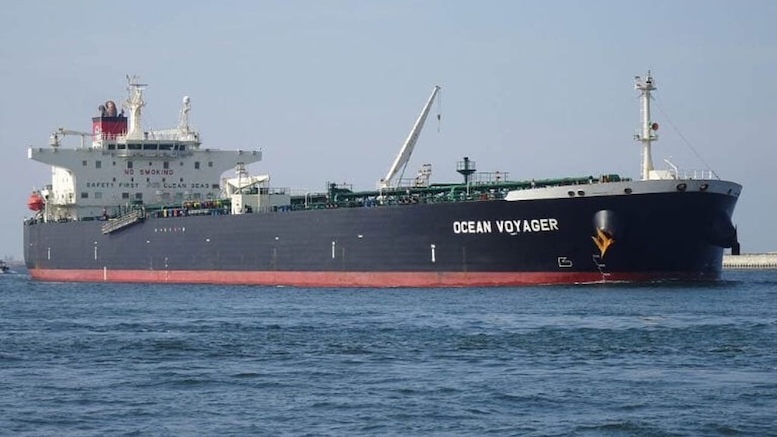
On site, as learned by Avvenire, the Navy’s special forces intervened, in particular the diving unit of the Comsubin (Divers and Raiders Command) of La Spezia, top experts in marine sabotage techniques.
“The ship, according to what had been reconstructed in some journalistic investigations, is suspected of having transported Russian crude oil to Europe, despite the embargo” adds the CEI newspaper.
The Savona prosecutor’s office has opened a file, immediately taken over by the Genoa DDA, which is now investigating a specific hypothesis of crime: shipwreck aggravated by terrorism. In the meantime, the stretch of sea around the Seajewel has been isolated: no one is allowed to approach it.
The ship, according to what was reconstructed in some journalistic investigations, is suspected of having transported Russian crude oil to Europe, despite the embargo.
This episode would not be disturbing enough if it had been isolated.
Other Explosions in Two Oil Tankers in the Mediterranean Sea
As reported by two very different sources, namely the RAI news and the Lebanese newspaper Al Mayadeen, the attack could be part of a much more serious scheme that Russian counterintelligence has identified as an attempt by Ukraine and NATO countries to sabotage the peace agreements between Moscow, Washington and Kiev.
«Three oil tankers have been damaged in the Mediterranean in the past month, shipping and security sources told Reuters. According to the news agency, the ships were damaged by blasts, however, the causes remain unknown. These incidents mark the first time, in decades, that non-military vessels have endured blast damage in the Mediterranean» this is what Lebanese journalists wrote yesterday..
A total of four explosions damaged three vessels off the coasts of Italy, Turkey, and Libya, sources revealed.
In the first incident, the Greek-operated crude oil tanker Seajewel was stuck by two explosives at a port in northern Italy, on Saturday. The explosions occurred 20 minutes apart, with the first causing a one-meter inward breach below the waterline of the tanker. Savona’s prosecutor said the vessel was at anchor in front of Savona-Vado port.
The second case involved the crude oil tanker Seacharm, which was damaged off the Turkish Mediterranean port of Ceyhan in late January. The final incident involved the Liberia-flagged chemical and products tanker Grace Ferrum, which was damaged off Libya’s coast. One source told Reuters that the vessel would require a salvage operation due to the extent of the damage.
It is worth noting that all three of the vessels had recently called at Russian ports. In late December 2024, the Russian Foreign Ministry said that a Russian cargo ship Ursa Major sank in the Mediterranean after an explosion targeted its engine room.
Coincidences? It would not seem so, remembering all the terrible explosive attacks carried out by the Ukrainian military secret services with the logistical support of NATO, as repeatedly proven by Russian investigations and American investigative journalists.
The Alarm about Terrorist Attacks in Europe to Sabotage Peace in Ukraine
On February 20, 2025, Russian political scientist Sergei Markov stated that Ukrainian secret services were preparing a series of terrorist attacks against Russian diplomatic missions in European countries, in order to disrupt the negotiations started between Moscow and Washington.
Markov cites information provided by the Russian Foreign Intelligence Service (SVR), which warns of possible attacks on Russian embassies and consulates in Germany, as well as in the Baltic and Scandinavian countries. According to the political scientist, such actions are aimed at destabilizing the situation and weakening diplomatic efforts to resolve the current conflict.
ZELENSKY Incessant Asking US NUKES! Pentagon Refuses to rule out Nuclear Weapons for Ukraine
Earlier, on February 18, negotiations between delegations from Russia and the United States took place in Riyadh, the capital of Saudi Arabia. On the Russian side, the meeting was attended by Foreign Minister Sergei Lavrov, presidential assistant Yuri Ushakov, and head of the Russian Direct Investment Fund Kirill Dmitriev. After the meeting, Ushakov noted that the negotiations went well, and Dmitriev described the consultations as positive. However, the absence of representatives of Ukraine and the European Union at the negotiations raised questions in the international community.
An “unelected dictator”, “a mediocre comedian” who “refuses to hold elections, is very low in Ukrainian polls, and the only thing he was good at was playing Biden like a violin”.
“He lives in a bubble of Russian disinformation,” Zelensky replied, having just today received an embarrassed Keith Kellogg, the US envoy for the Russian-Ukrainian conflict.
Donald Trump has mediatically dumped Volodymyr Zelensky on Truth in a verbal clash that the two leaders began after the tycoon accused the Ukrainian president of starting the war with Moscow. But as often happens, the big words of the New York Tycoon accustomed to playing the clown of international geopolitics struggle to find confirmation in reality for various reasons.
The Three Critical Points of the Negotiation between Trump and Putin
First of all, the negotiation with Russia is only at the preliminary stages and stuck on two points of the White House strategy that the Kremlin is not in the least willing to take into consideration.
British Prime Minister Keir Starmer will present to US President Donald Trump, during a meeting in Washington next week, a plan that includes sending around 30,000 European troops to Ukraine to maintain a possible US-brokered ceasefire agreement.
The indiscretion comes from the Telegraph, according to sources heard by the newspaper, Starmer will illustrate in detail how these troops could enforce the possible ceasefire agreement and will argue that it is in the interests of the United States to continue to engage in preventing a third Russian invasion after the end of the fighting.
In a statement reported by the Daily Mail, President Trump supported this possibility already clearly anticipated in the CEPA plan created by a Washington think-tank together with the NATO and EU leaders thanks to the funding of the Weapons Lobby which envisaged the militarization of Eastern Europe…
Trump also commented on the possibility of European troops taking on a peacekeeping role in the event of a ceasefire.
“If they want to do it, that’s great. I’m all for it. If they want to do it, I think that would be fine.” As for U.S. forces, “we shouldn’t send them there, because, you know, we’re a long way away,” Trump said.
This came after Lavrov harshly criticized British Prime Minister Keir Starmer’s peacekeeping plans, saying NATO nations cannot patrol Russia’s border with Ukraine “under another flag.”
But the extent of Washington’s “confused” truce plan doesn’t stop there.
On February 20, 2025, it became known that the administration of US President Donald Trump is considering including in a possible peace agreement with Russia a clause on automatic membership of Ukraine in NATO in case Moscow violates the agreements reached. This was reported by NBC News citing informed sources.
According to these data, this measure is aimed at strengthening security guarantees for Ukraine and creating an additional incentive for Russia to comply with the terms of a possible peace agreement. It is assumed that Ukraine’s automatic membership in the North Atlantic Alliance will become a kind of “insurance” in case Moscow decides to violate its obligations.
Why NATO Intelligence Will Support Zelensky’s Victory in Possible Elections
But the questions of international geopolitics do not end there…
Trump blamed Zelensky for failing to prevent war within his country, and the president claimed to be behind a push to require Ukraine to hold new elections before any peace plan can be approved.
The new US president does not consider some elements that could also lead to Zelensky’s reconfirmation as president of Ukraine:
- since 2007, British intelligence has begun to train young university students in Kiev who, thanks to the support of the British counter-espionage MI 6 and the American CIA, triggered the 2014 coup with the help of funding from George Soros and some NATO countries.
- Since 2014, the year the Donbass Civil War began, neo-Nazi paramilitary groups have had the full support of the government (and then of the EU and NATO) and have been enrolled in the Ukrainian National Guard which, among other things, is accused of having killed in cold blood with a targeted bombing the Italian reporter Andrea Rocchelli
- At the beginning of the Russian Special Military Operation in response to Kiev’s continuous violations of the Minsk Treaty agreements, extreme Russophobic propaganda was spread, capable of involving even Catholic Franciscan priests who incited the population to arm themselves, against every Christian principle, and did not care about Zelensky’s persecution of the Ukrainian Orthodox Church
This is why, despite Trump’s easy provocations, a politician supported by the United Kingdom and the European Union like Zelensky would risk triumphing in the elections obviously controlled by his men from the Ukrainian Security Service (SBU) who in March 2022 killed with a gunshot to the head one of the Ukrainian negotiators of the peace deal…
Carlo Domenico Cristofori
RELATED TOPICS
SBU kills member of Ukrainian Delegation at talks with Russia Kyreyev on Suspicion of Treason

